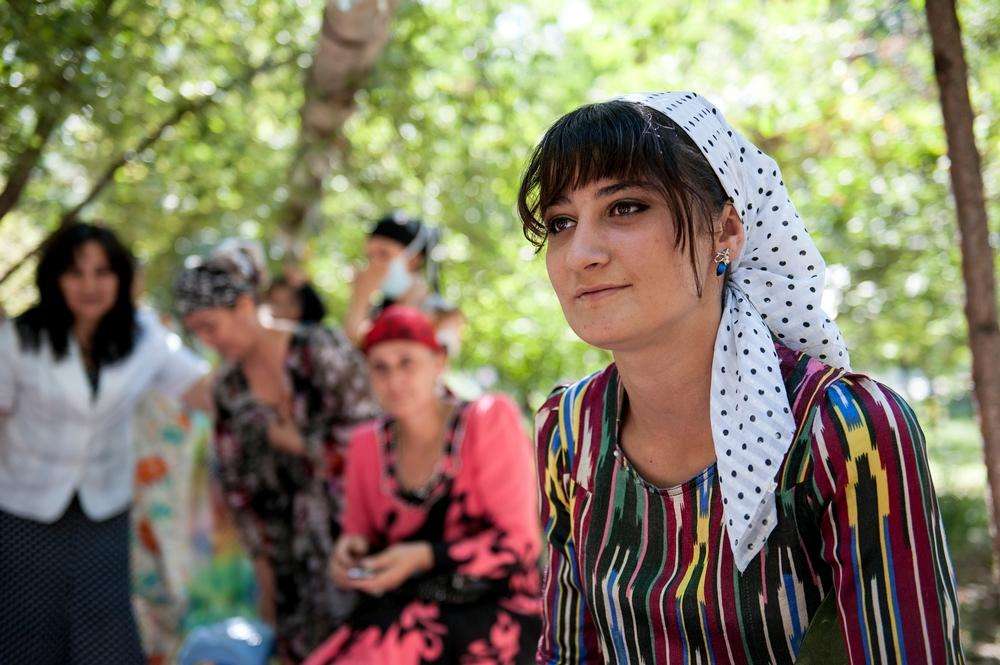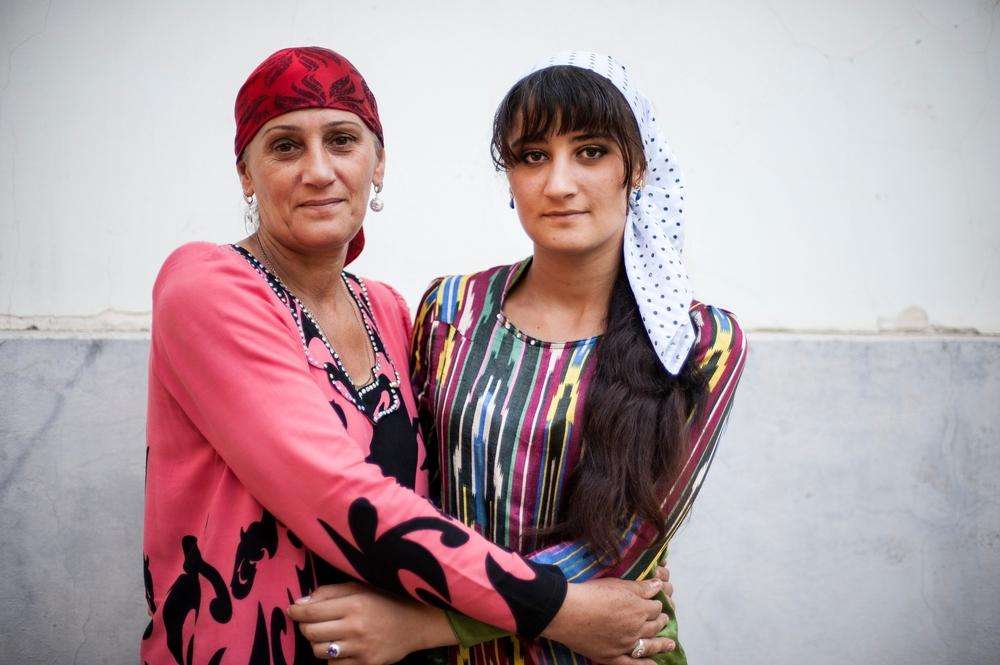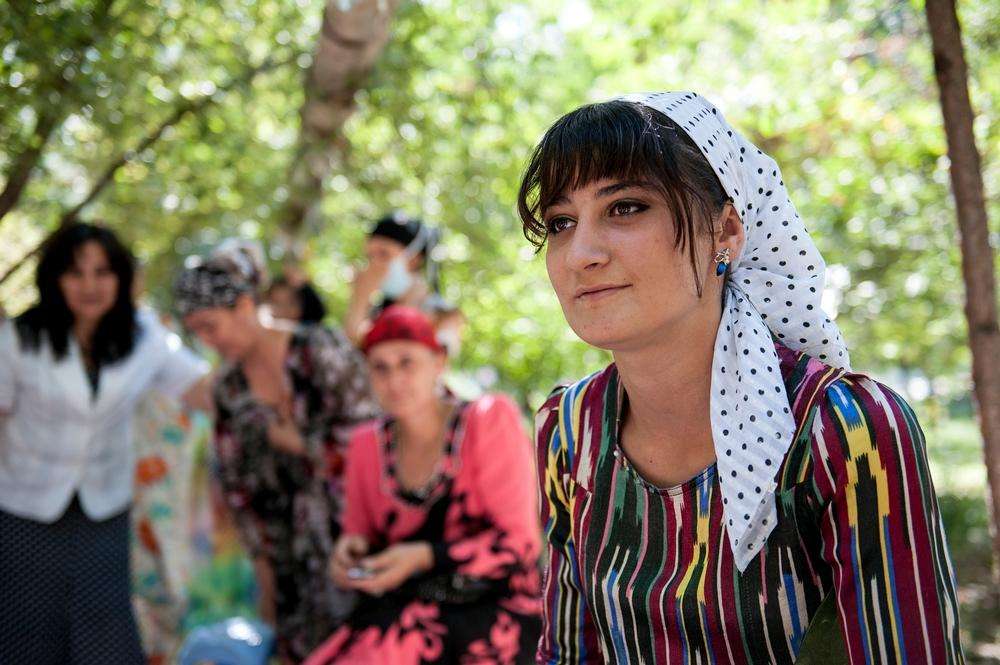In the garden of the pediatric tuberculosis (TB) hospital in Dushanbe, the capital of Tajikistan, streamers and balloons are hung, chairs are pulled up, and food and drinks are being prepared. Slowly, the garden fills with patients and their parents, medical personnel from the hospital, and MSF staff. They are waiting for the guest of honor, 18-year-old Mijgona.
Mijgona had multidrug-resistant TB (MDR-TB). But she is now the first fully-cured MDR-TB patient in MSF's project in Tajikistan. "This is a joyful, memorable day," said project coordinator Beatrice Lau. "The treatment for MDR-TB is extremely hard and takes a long time. We are very proud of Mijgona that she has persevered."
When Mijgona arrives at her party, she is greeted warmly and showered with congratulatory wishes. All the praise makes her visibly uncomfortable. Nevertheless, she is thrilled with the party and, of course, the reasons for having it. "In 2011, I was hospitalized," she said. "I had a fever, was nauseous and was coughing up blood. It made me terribly worried. That seems so long ago now."
"The difference couldn’t be greater," Mijgona’s mother said. "She was very ill, she was a different person then. Later, her treatment was so hard and took a lot out of her."
The treatment for MDR-TB is particularly gruelling—every day, the patient receives a painful injection and has to take up to 20 pills. The drugs are often accompanied with serious side effects. "I got terrible headaches and pain in my stomach and legs," says Mijgona. "I could barely walk. I was also nauseous had to vomit often. I felt so weak."
"At first I did not even know what TB was," she continues. "I was sick, but what did I have? I didn’t know if I could be treated. That was very scary. Especially when I started to cough up blood. I only started to believe I could get cured when I started taking my medication and began to feel a little better bit by bit.”
In addition to her medical problems, Mijgona also experienced the social consequences of her illness. As a young woman, a teenager still, she couldn’t go to school and she couldn’t see her friends. She often felt very alone. She found comfort in the poems and songs of Rudaki, a Persian poet who lived centuries ago, in the area where now Tajikistan lies. "His verses are about life, about respect for people. It made me very happy."
She received unconditional support from her mother, even though the treatment was a fight for her, too. She found it hard to see her daughter go through such hard times. "She was very worried about me," Mijgona said. "But she was always by my side, and helped me through the days. She was very scared, though, and I had to cheer her up and tell her everything would be okay, even though I was the one who was sick."
Despite her worries, Mijgona’s mother wanted her daughter to finish her treatment. "Some parents do not believe in treatment. Their children don’t survive," sahe said. "I'm very grateful to MSF for their care, the medication, and their support."
Meanwhile, the party is under way. There is dancing, singing, and lots of laughter. "It's a beautiful day, " her mother said. "For MSF too. Mijgona is proof that people, children, with MDR-TB can be cured and have a future." Mijgona nods and addresses the small patients around her. "I thought I would never get better," she said. "But the care and support I received helped me get well. I'm cured now. You have to keep believing that it’s possible."
Click here to read more patient stories from MSF's pediatric TB program in Tajikistan.






